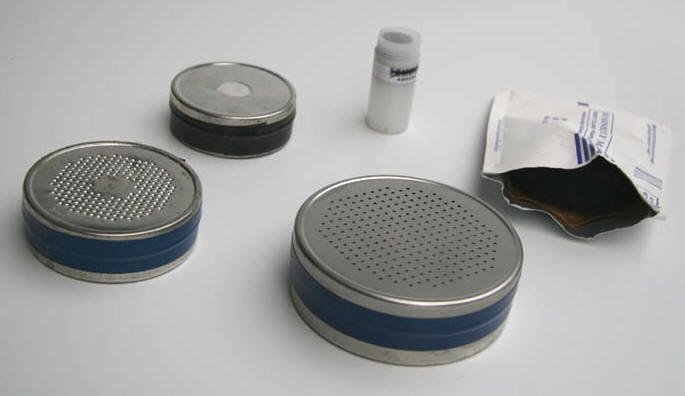Radiation Defense
Is radon really bad for you?

Breathing radon over time increases your risk of lung cancer. Radon is the second leading cause of lung cancer in the United States. Nationally, the EPA estimates that about 21,000 people die each year from radon-related lung cancer. Only smoking causes more http://hectormwsn065.lucialpiazzale.com/discover-radon-screening lung cancer deaths.
The continuing to be 46 states appeared to have some personnel as well as activities committed to radon control in the state government, mostly state health and wellness departments. Dr. Jerry M. Cuttler, a radiation specialist and consultant to the American Council on Science as well as Health and wellness, has actually co-authored a paper qualified "Threshold for Radon-Induced Lung Cancer From Breathed In Plutonium Information," together with Charles L. Sanders. Dr. Cuttler points out that determined radon levels as well as cancer results record, actually, a considerable decrease listed below the all-natural incidence of lung cancer cells. These observations contradict the predictions made using the LNT dose-response model.
Researchers concentrated on 2,500 Finns who had actually resided in the exact same homes-- having reduced to high indoor radon degrees-- for twenty years; they made sure to change for cigarette smoking. " Our results do not suggest boosted threat of lung cancer cells from indoor radon." The research indicates that interior radon direct exposure does not seem a vital cause of lung cancer cells. Radon is a contaminated gas sent out normally from the ground.
Is radon mitigation really necessary?
When radon gas enters the body, it exposes the lungs to small amounts of radiation. In small quantities, experts say this is harmless. However, in persistent exposures or larger quantities, radon can damage the cells of the lining of the lungs, increasing a person's chance of developing lung cancer.
The US EPA has actually placed it simply, stating, "Any radon exposure has some danger of causing lung cancer cells. Radon gas is a naturally-occurring byproduct of the radioactive degeneration of Uranium in the dirt. Depending upon your geographical area, the radon degrees of the air you breathe beyond your home may be as high as 0.75 pCi/L.
- Your threat of lung cancer cells enhances substantially with direct exposure to higher radon levels.
- Radon gas is a naturally-occurring byproduct of the radioactive degeneration of Uranium in the dirt.
- Depending on your geographic place, the radon degrees of the air you breathe beyond your house may be as high as 0.75 pCi/L.
- The national standard of outside radon degrees is 0.4 pCi/L and also it is approximated by the National Academy of Sciences that outside radon degrees cause about 800 of the 21,000 radon induced lung cancer cells fatalities in the United States yearly.
- The US EPA has actually placed it clearly, specifying, "Any kind of radon exposure has some risk of triggering lung cancer cells.
Unless you have a high price of air flow moving via your residence at all times, radon can accumulate inside the house and also reach risky levels. With the lowest survival rate amongst several of one of the most common cancers cells, lung cancer cells is among the most been afraid conditions in the country.
What to Learn about the Threats of Radon Gas in Your Home
What are the symptoms of radon in your home?
If a person has been exposed to radon, 75 percent of the radon progeny in lungs will become "harmless" lead particles after 44 years. When an alpha particle damages a cell to make it cancerous, the onset of lung cancer takes a minimum of 5 years but most often 15 to 25 years, and even longer.
Believing you reside in a region not impacted by radon is simply one of the myths concerning this lethal gas. We examined all material pertaining to radon on state federal government Internet site using a standardized data collection form.
How long does it take for radon to cause cancer?
Fact: You will reduce your risk of lung cancer when you reduce radon levels, even if you've lived with an elevated radon level for a long time. Keep in mind that radon levels below 4 pCi/L still pose some risk and that radon levels can be reduced to 2 pCi/L or below in most homes.